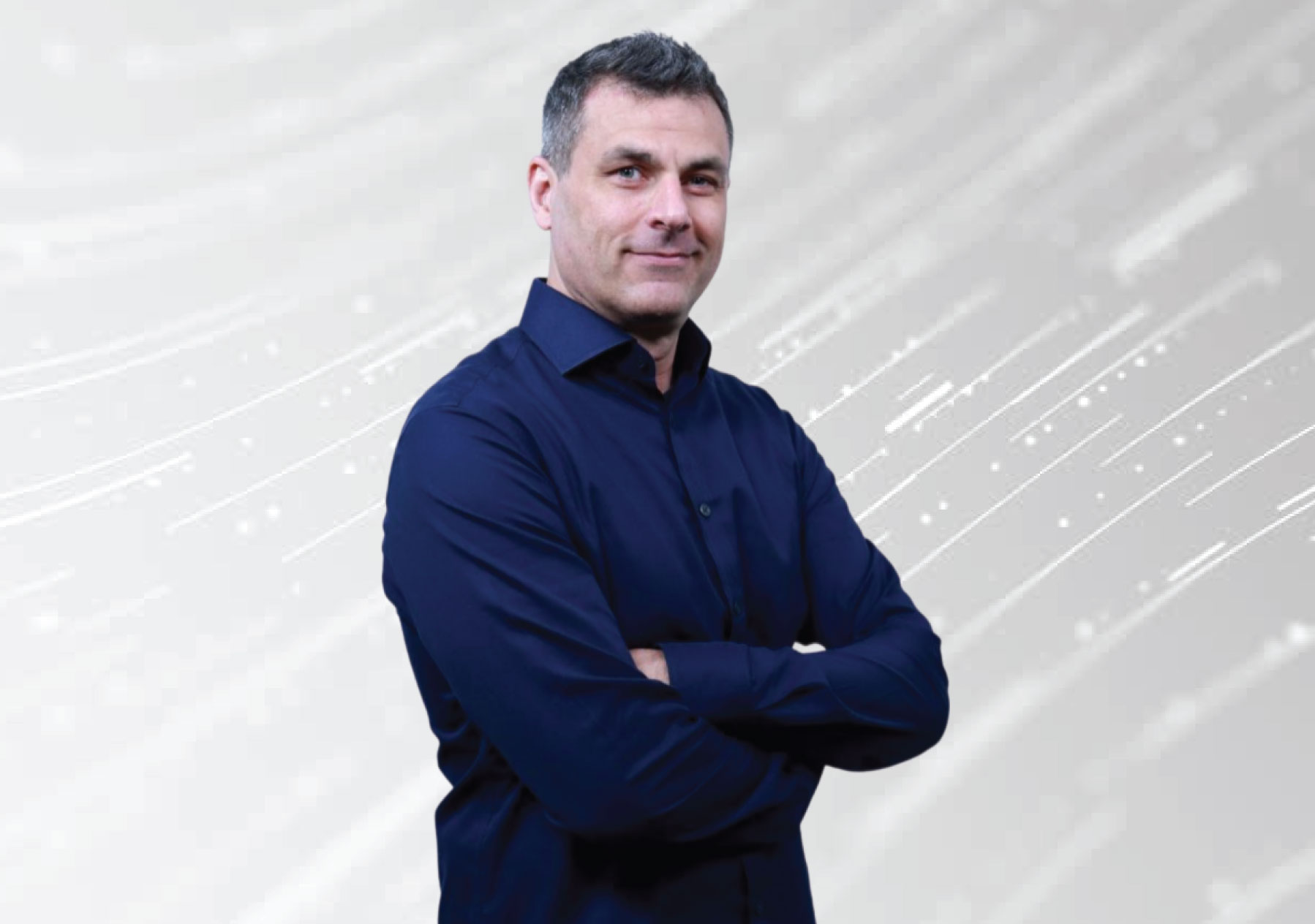Lucas PELTONEN's research journey began with the "Chicken Incident," a moment of cultural miscommunication when a UK manager reacted to a traditional Cantonese chicken dish. This experience inspired him to delve into transcultural communication, forming the basis of his PhD project. He developed a framework comprising 20 competencies for business professionals, which he tested through teaching interventions.
Despite facing challenges such as invalid assessments and participant recruitment, the support from his supervisor Prof. Guangwei HU and peers was invaluable. Throughout this process, Lucas honed his skills in data analysis, academic writing, and leadership. His research aims to bridge cultural gaps in business, enhancing communication and efficiency, with plans to continue his work beyond his thesis.

Mr. PELTONEN Lucas John
Doctor of Philosophy
Faculty of Humanities
Lucas' research highlights the importance of understanding cultural differences in language use. The "Chicken Incident" underscores how cultural expectations can lead to miscommunication, emphasizing the need for language teaching to incorporate cultural context and awareness.
Lucas developed a new conceptual framework with 20 competencies for transcultural communication. This involves designing curricula that address both language and cultural competencies, ensuring that learners are equipped to navigate diverse cultural settings effectively.
Lucas faced challenges in developing valid assessment instruments. This highlights the importance of creating reliable tools to measure language and cultural competence, which are crucial for evaluating the effectiveness of language teaching interventions.
Lucas' mixed-methods research approach, involving both qualitative and quantitative data analysis, demonstrates the need for robust research methodologies in language teaching. This includes designing experiments, collecting data, and analyzing results to inform teaching practices.
Lucas faced challenges like invalid assessments and participant recruitment. His ability to adapt and find solutions, such as seeking support from his supervisor and peers, demonstrates the importance of being flexible and resourceful in overcoming obstacles.
Lucas' research involved developing a conceptual framework and conducting experiments. Lifelong learners benefit from honing their ability to gather, analyze, and interpret data, which is crucial for making informed decisions and advancing knowledge in any field.
Lucas collaborated with various academics and practitioners, highlighting the value of building professional networks. Engaging with others can provide diverse perspectives, support, and opportunities for growth, making collaboration a key skill for lifelong learning.
Through his academic journey, Lucas improved his communication skills and unexpectedly developed leadership abilities. Effective communication and the capacity to lead and inspire others are essential skills that enhance personal and professional development throughout life.
The pursuit of knowledge is a lifelong journey! To further expand your knowledge and continue your personal and professional growth. Click and explore the following learning resources: